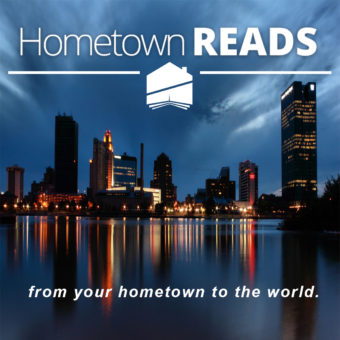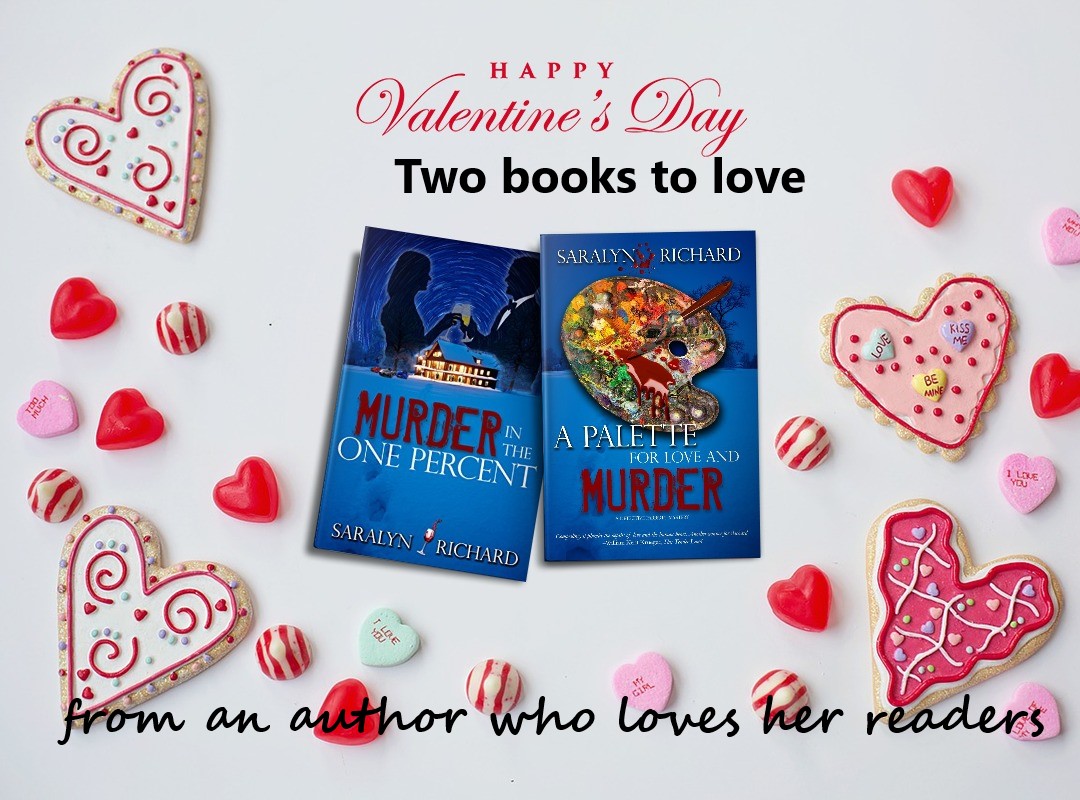The Truth About Writing – Part 2
Continued from The Truth About Writing – Part 1
We all love a great story. Whether we read or write or both, great stories can take us on emotional journeys of excitement, anger, love, despair and can live on for centuries. For thousands of year’s people have been moved by storytelling told around campfires, at bedsides, in theatres, in public squares… and today on Medium, Pulse, Thrive Global, WordPress, Twitter, Google+, Linkedin, and books are sold in the Million’s everyday via Amazon, Barnes and Noble (Nook), Waterstones, Googleplay and iTunes etc.
The way the story is structured does not really matter; what does matter is the power of the story, how the story engages and connects with its readership.
Tell the right story the right way and you can illustrate even the most complex issue into one that is engaging and easy to understand and unlocks the mind’s creativity and imagination.
One of my hero’s in writing is Joseph Campbell – he explores the theory that important myths from around the world which have survived for thousands of years all share a fundamental structure, which Campbell called the monomyth. In a well-known quote from the introduction of his book “The Hero with a Thousand Faces”, Campbell summarised the monomyth:
“A hero ventures forth from the world of common day into a region of supernatural wonder: fabulous forces are there encountered and a decisive victory is won: the hero comes back from this mysterious adventure with the power to bestow boons on his fellow man.”
In laying out the monomyth, Campbell describes a number of stages or steps along this journey. The hero starts in the ordinary world, and receives a call to enter an unusual world of strange powers and events (a call to adventure). If the hero accepts the call to enter this strange world, the hero must face tasks and trials (a road of trials), and may have to face these trials alone.
At its most intense, the hero must survive a severe challenge, often with help earned along the journey. If the hero survives, the hero may achieve a great gift (the goal or “boon”), which often results in the discovery of important self-knowledge. The hero must then decide whether to return with this boon (the return to the ordinary world), often facing challenges on the return journey. If the hero is successful in returning, the boon or gift may be used to improve the world (the application of the boon).
Very few myths contain all of these stages—some myths contain many of the stages, while others contain only a few; some myths may have as a focus only one of the stages, while other myths may deal with the stages in a somewhat different order. These stages may be organized in a number of ways, including division into three sections:
Departure (sometimes called Separation), Initiation and Return. “Departure” deals with the hero venturing forth on the quest, “Initiation” deals with the hero’s various adventures along the way, and “Return” deals with the hero’s return home with knowledge and powers acquired on the journey.
“The Hero with a Thousand Faces”, Campbell’s theory, has been consciously applied by a wide variety of modern writers and artists. The best known is perhaps George Lucas, who has acknowledged Campbell’s influence on the Star Wars films.
So, in summary, whether you’re a novelist, a poet, a short-story writer, an essayist, a biographer or an aspiring beginner, when you write great fiction, poetry, or non-fiction, amazing things can happen. The best way to increase your proficiency in creative writing is to write, write compulsively, but it does not mean write whatever you want. There are certain things you should know first… it helps to start with the right foot…..
Another interesting quote by Ray Badbury which states:
“You will have to write and put away or burn a lot of material before you are comfortable in this medium. You might as well start now and get the necessary work done. For I believe that eventually quantity will make for quality. How so? Quantity gives experience. From experience alone can quality come. All arts, big and small, are the elimination of waste motion in favor of the concise declaration. The artist learns what to leave out. His greatest art will often be what he does not say, what he leaves out, his ability to state simply with clear emotion, the way he wants to go. The artist must work so hard, so long, that a brain develops and lives, all of itself, in his fingers.”









What People Are Saying
Great post, Geoff. I too love Ray Bradbury. You know I once heard someone say, we all have a book in us, but it takes more than an amateur to write two or more. Keep writing!
Great post, Geoff. Learning to let go of words is difficult for any writer, but once we’re brave enough to do so, we reap the benefits. I recently watched the movie “Genius” about the editor/author relationship between editor Max Perkins and writer Thomas Wolfe. The lessons in that movie are powerful.